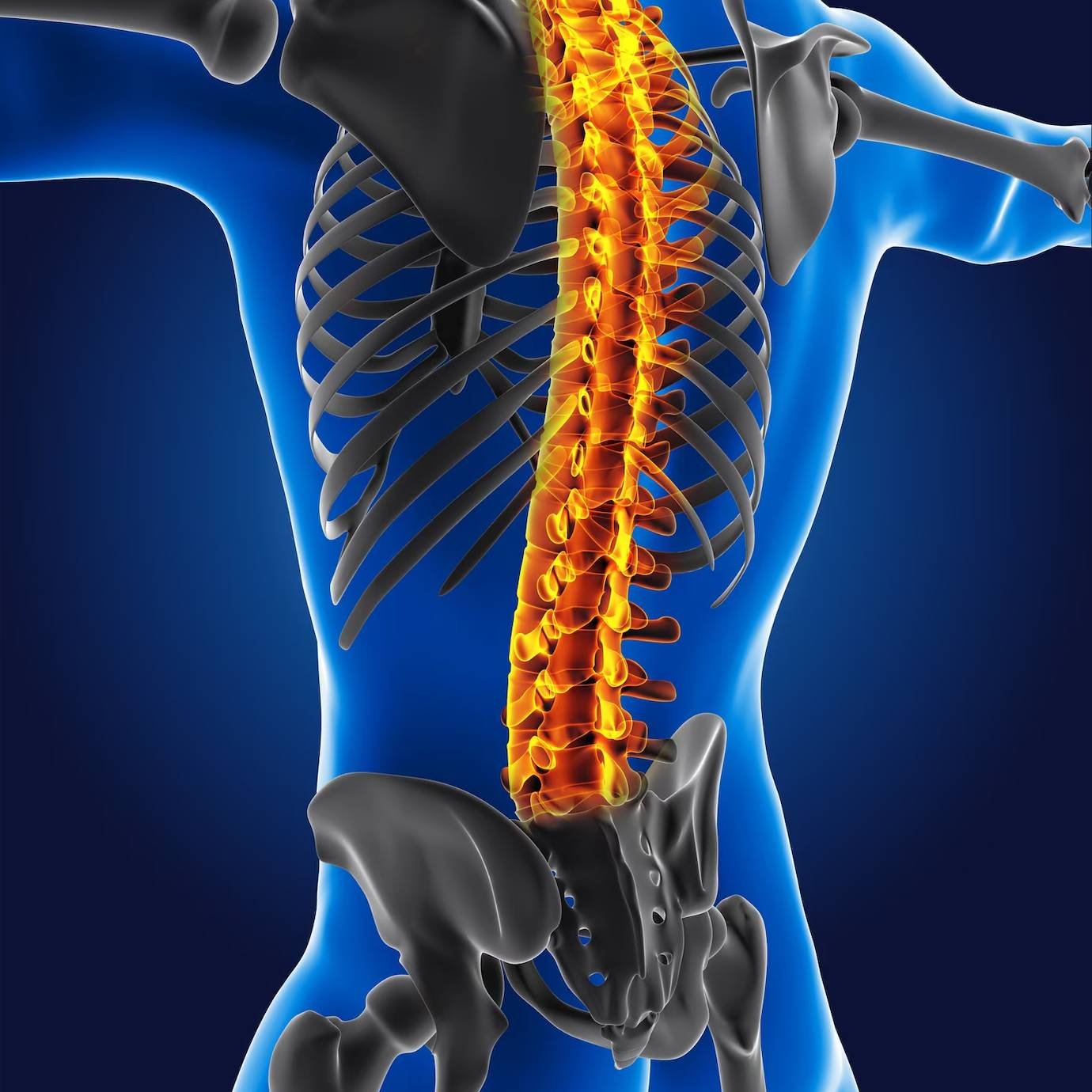- info@drkamaljindalneuro.com
- +91 088533 70403
Lorem ipsum dolor sit amet, consectetur adipiscing elit. Ut elit tellus, luctus nec ullamcorper mattis, pulvinar dapibus leo.

Congenital spine abnormalities originate during fetal development and may impact the spinal bones, cord, or surrounding tissues. Dr. Kamal Jindal offers expert diagnostic and surgical care for these complex anomalies to optimize function and prevent long-term complications.
1. Spina Bifida Occulta
A mild form of spinal dysraphism, often asymptomatic.
Signs: Occasionally skin dimples, hair tufts, or mild back pain.
Management: Monitoring or corrective surgery if neurologic issues arise.
Occurs when the spinal cord is abnormally attached, limiting its movement.
Symptoms: Leg weakness, back pain, bladder issues.
Treatment: Surgical detethering to prevent further neurologic deterioration.
A broad term for incomplete closure of the neural tube.
Impacts: May cause limb weakness, scoliosis, and bowel/bladder dysfunction.
Treatment: Surgical repair, physiotherapy, and supportive care.
A severe form of spina bifida with exposed spinal cord and membranes.
Symptoms: Paralysis, sensory loss, hydrocephalus.
Treatment: Early surgical intervention and lifelong rehabilitation support.
A condition where brain tissue extends into the spinal canal.
Symptoms: Headaches, swallowing issues, coordination problems.
Treatment: Decompressive surgery and CSF diversion when indicated.
While not all spinal tumors are preventable, early detection through regular health checks, genetic counselling, and managing risk factors can improve outcomes.
